World Patterns of Air Temperature
Surface type (urban or rural), elevation, latitude, daily and annual insolation cycles, and location (maritime or continental) all can influence...
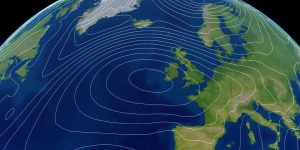
Surface type (urban or rural), elevation, latitude, daily and annual insolation cycles, and location (maritime or continental) all can influence...
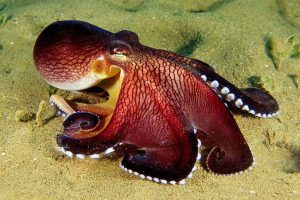
The first molluscs probably arose during Precambrian times because fossils attributed to Mollusca have been found in geological strata as...
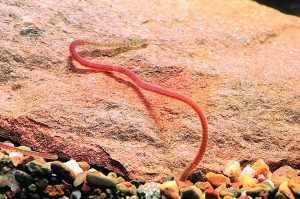
Class Oligochaeta More than 3000 species of oligochaetes are found in a great variety of sizes and habitats. They include...

Images of the Earth from space show that about half of our planet is blanketed in clouds. Clouds play a...
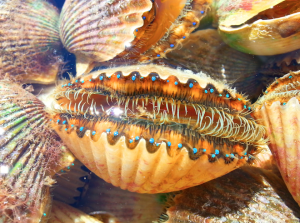
Bivalvia are also known as Pelecypoda (pel-e-sip o-da), or “hatchet-footed” animals, as their name implies (Gr. pelekys, hatchet, pous, podos,...
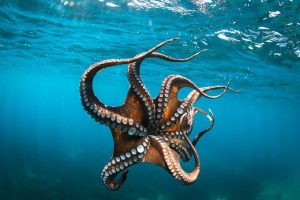
Cephalopoda (Gr. kephal¯e, head, + pous, podos, foot) include squids, octopuses, nautiluses, devilfish, and cuttlefish. All are marine, and all...
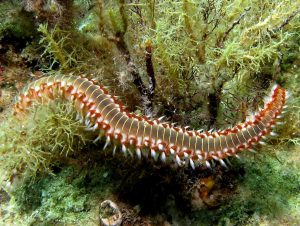
Clam Worms: Nereis Clam worms, or sand worms as they are sometimes called, are errant polychaetes that live in mucous-lined...
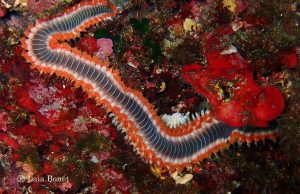
The largest class of annelids is the Polychaeta (Gr. polys, many, chaite¯, long hair) with more than 10,000 species, most...
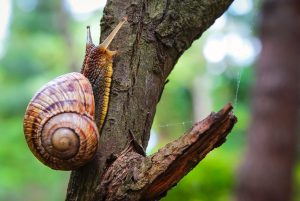
Respiration in most gastropods is performed by a ctenidium (two ctenidia is the primitive condition, found in some prosobranchs) located...
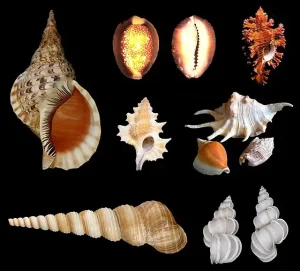
Traditional classification of class Gastropoda recognizes three sub classes: Prosobranchia, the largest subclass, almost all of which are marine; Opisthobranchia,...
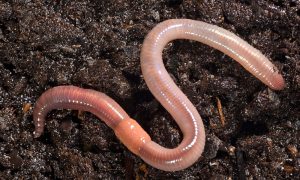
Phylum Annelida (an-neli-da) (L. annelus, little ring, ida, pl.suffi x) consists of the segmented worms. It is a diverse phylum,...
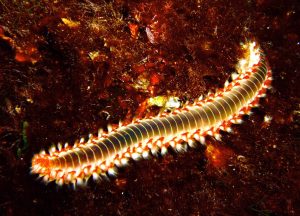
Although a fluid-filled coelom provided an efficient hydrostatic skeleton for burrowing, precise control of body movements was probably difficult for...